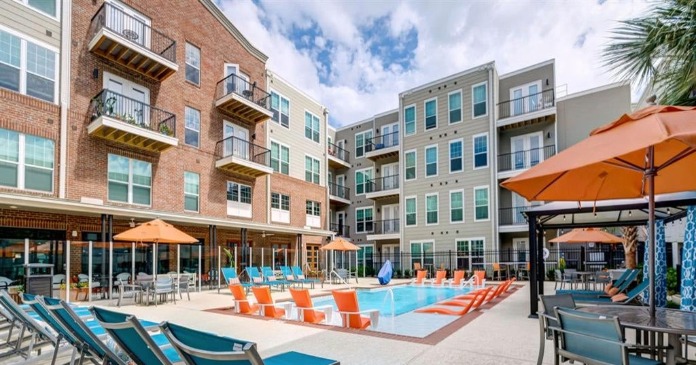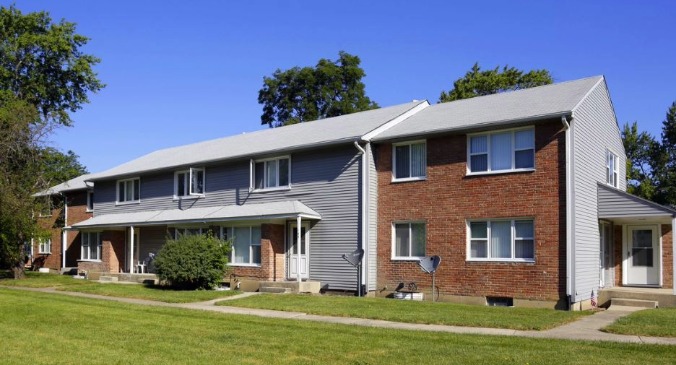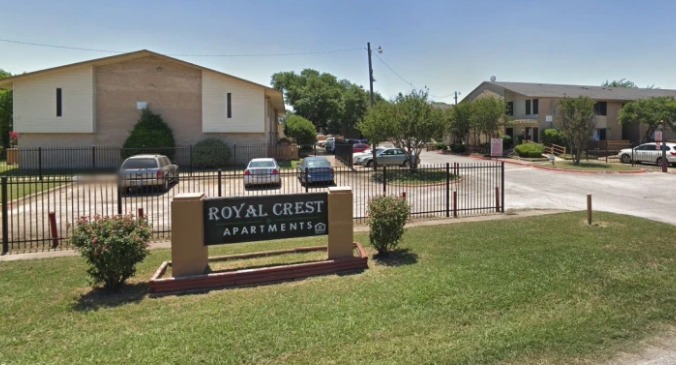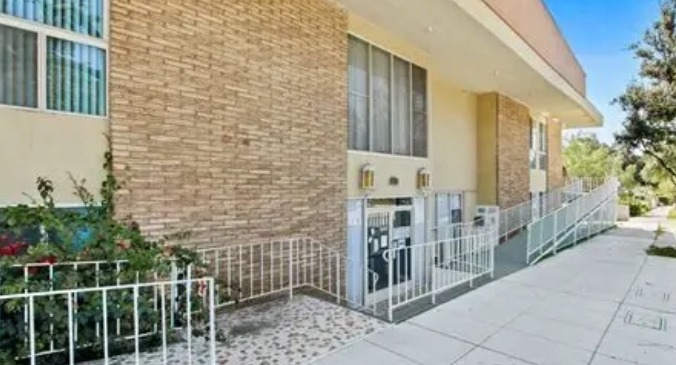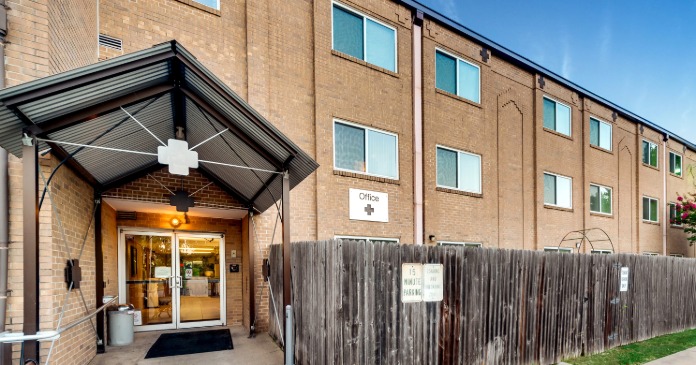Some of these programs allow customers to opt out of their contractual agreements without penalty, if they become involuntarily unemployed and meet certain additional criteria. Others, some of them tied to insurance products, will pay all or a portion of the customer’s monthly payments for a set period of time. A few even offer money-back guarantees.
Hyundai Motor Co. was first on the scene with a layoff protection plan in January, just as the U.S. auto industry hit its lowest point in 27 years. The Korean-based car manufacturer gained national attention with a program that allows customers to hand back the keys if they are laid off within a year of leasing or purchasing a vehicle. The company expanded the plan in February, promising to make a laid-off customer’s car payment for up to three months. If, after that period, the buyer still is unable to afford the vehicle, Hyundai will take it back at market value and pay off the existing loan or lease contract up to $7,500. The program is managed by Walkaway USA, a subsidiary of Dallas- based EFG Companies, which provides finance and insurance products and support services for auto dealers.
Expected to help reduce vehicle repossessions, Hyundai’s program has proven to be a marketing coup, boosting sales, generating a number of new leads and prompting other auto makers to follow suit. Soon the idea was picked up by wireless telephone company Virgin Mobile, JetBlue Airlines and home builder Lennar Homes, all of which offer similar plans that now are seen as powerful lead generating tools.
While debt protection is nothing new in the insurance universe, it has taken on a whole new role in today’s economy, as unemployment continues to skyrocket. In April, national nonfarm unemployment rose to 8.9 percent from 8.5 percent the previous month, according to the U.S. Department of Labor’s Bureau of Labor Statistics.
Since the recession began in December 2007, 5.7 million jobs have been lost. As of April, 3.7 million Americans are unemployed. Only the health care sector and the federal government have seen an increase in jobs.
Studies show a direct correlation between job losses and apartment vacancies. Marcus & Millichap, in its 2009 National Apartment Report published early this year, forecast national apartment vacancy would increase 100 basis points to 7.7 percent as a direct result of job losses and competition from single-family shadow rentals in 2009. Many industry experts don’t expect conditions to improve until 2011 or 2012.
Insuring peace of mind
Fear of job loss has existing apartment renters nervous about renewing leases and would-be renters hesitant to sign new ones. Finding ways to reduce the perceived risk of signing a lease is smart marketing for apartment firms focused on retaining revenue in today’s challenging economic climate. As one auto manufacturer recently put it, in times like these, it’s back to the art of the deal.
“The bottom line is everybody’s having a difficult time now. I call it financial withdrawal, so it’s back to basics,” said Christy Freeland, CEO of Riverstone Residential, a CAS Partners company and the nation’s second largest apartment fee-manager in terms of managed units, according to the National Multi Housing Council’s top-50 ranking.
Riverstone recently rolled out several programs aimed at retaining occupancy and driving traffic to its clients’ properties. Pink Slip Protection, managed by CAS Insurance Services, another CAS company, is designed to help residents who lose their jobs remain in their apartments while they look for other employment. It is an involuntary unemployment rider available to renters when they purchase a regular renters’ insurance policy through Assurant Specialty Property, a provider of specialized insurance products and related services.
Riverstone first partnered with Assurant Specialty Properties in late 2007, making renter’s insurance available to its fee-managed portfolio in 23 states across the country.
“While our clients’ property insurance protects the four walls of the unit, it doesn’t take care of other things. Renter’s insurance protects the property owner if something happens and the renter walks away, and it also protects the resident, so they don’t have to come out of pocket a lot. We think it is a win/win and recommend it to our clients. Some now require it and some don’t,” said Freeland, who sees the new involuntary unemployment rider program as another win/win that offers some peace of mind to the renter and generates brand loyalty for the property, because renters are more apt to pass along a positive experience to others. And the program costs the owner nothing.
To add Pink Slip Protection to their regular policy, renters will pay an additional premium, varying by state, of between $8 and $10 per month. In the event the resident is laid off and has paid two months rent, the protection program will kick in and pay up to $500 of rent per month for up to two months.
“Our first client was Security Properties Inc., out of Seattle, Wash.
They piloted Pink Slip Protection and liked it, so we moved forward.
We are a third-party management company and look out for the best interest of each of our clients. So, we have been letting them know about this program and at the same time getting information out to our onsite associates, so they can offer the program to current residents and prospects,” said Freeland.
Securities Properties, a 40-year-old developer and owner of 27 apartment properties in California, Arizona, Oregon and Washington, now offers the program across its portfolio. It is also available at other Riverstone-managed communities in most states, but not yet approved in Florida, Texas, North Carolina, New Hampshire, South Dakota, Wisconsin and Nebraska.
Riverstone leasing agents don’t actually sell the policy or the rider.
But, if the company’s clients require or choose to offer renter’s insurance, the leasing staff will make new renters aware that the rider is available. Then it is the resident’s responsibility to go online or call and obtain the coverage that fits them. But it is a simple process and offers a wonderful peace of mind in these uncertain times, said Freeland.
“Once we get our clients’ approval, we include the program in our Internet Leasing Service ads. We might say, ‘Ask about our insurance that helps you pay if you lose your job.’ Most people will go on the Internet and identify three or four properties that they are actually going to visit. While the pricing and amenities for the apartment communities may be similar, it is the onsite staff that makes the difference. Then, when a prospect sees we offer this program, we are confident it will help them choose a Riverstone Residential-managed property over another property, and that is a win-win for our clients and the renter,” she said.
While $500 per month isn’t nearly enough to cover a month’s rent for all renters, it certainly can soften the blow from a sudden loss of income.
Spreading a safety net
In April, Western National Property Management saw renewals and new leases increase by five percent year-over-year after rolling out a layoff protection program at the end of March that lets newly jobless residents walk away from their leases without having to pay the remainder of their obligations or the company’s typical $2,000 termination fee.
Headed by President Thomas K. Shelton, the property management company oversees the day-to-day operations of 8,700 units in 62 fee-managed properties and 13,000 units in 85 communities owned by its Irvine, Calif.-based parent Western National Group.
While the company’s recent upticks in leasing are a positive indicator, Shelton hesitates to attribute them entirely to the new program, because year-over-year occupancy has remained relatively flat. For the first four months of 2009, 3,092 residents moved out of Western National-managed communities compared to 2,811 during the same period last year.
“So, if we are leasing more and we have more traffic, but our occupancy is just about the same, the logical conclusion is that we are having more people being evicted or skip,” he said.
Western National operates in California, where the state-wide jobless rate hit 11.2 percent in April, outpacing the national average rate of 8.9 percent. In Orange County, where the majority of the company’s fee- managed and owned portfolios are located, unemployment is expected to reach 7.7 percent this year.
There is a high probability renters who suddenly lose their income will skip out without notice or payment, or stop paying rent, forcing a costly eviction. “There just aren’t a lot of people with enough reserves to allow them to continue paying rent without an occupation,” said Shelton, who served for a decade as regional partner with Greystar Real Estate Partners in Phoenix before joining Western National last October as the company’s new president.
He expects the layoff protection program to minimize the need for renters to skip, even as it provides peace of mind to residents who may be debating whether or not to renew their leases, move somewhere else or move back home. Already, three residents have exercised their option to break their leases, a sign the program is working, Shelton believes.
Shelton’s intention was to replicate the concept and advantages of the Hyuandai deal, but tailor it to the multifamily industry and keep it as simple as possible.
“I haven’t seen Hyundai’s deal, but my suspicion is there are probably ten pages of fine print to qualify for it. Ours has no fine print, no gimmicks to it, no insurance policy to buy and it’s not a bond. Ours is a lease addendum, so everyone who signs a new lease or a renewal signs an addendum that says we will allow you to terminate your lease if, during the term of your residency, which could be the first month, the eleventh month or whatever, you lose your job,” said Shelton.
The criteria are straightforward; residents must be current on their lease and in good standing in the community, and their employment status must be verifiable. If more than one person is on the lease, the person losing the position had to have been earning more than half of the income that qualified them for the unit. “Lastly, they have to give us a 30-day notice. They can’t just walk in and leave the keys on our desk,” said Shelton.
Like Riverstone, Western National promotes its layoff protection in all its print and online advertising, and when apartment shoppers visit the company’s communities, the leasing staff makes them aware it is available.
Driving revenue
But when it comes to driving traffic to the property, what type of advertising gives the most bang for the buck? According to Shelton’s latest statistics, a whopping 40 percent of new leases throughout Western National’s portfolio through the first quarter of 2009 were generated by Craigslist, a free online service. The next largest generator were drive-by and walk-in traffic and the balance was fairly evenly distributed in terms of effectiveness among print advertising, websites and other online sources, he said.
In the struggle to sign new leases, marketing programs aimed at renters worried about losing their job are the newest tools in the arsenal of leasing professionals. Others include traditional concessions like one or two months free rent and newer ploys like overlooking foreclosures on some new applicants’ credit histories.
Lane Company is sweetening the pot to get apartment shoppers to sign on the bottom line with a bevy of incentives at its five apartment communities in Midtown Atlanta. They include twice-monthly exercise classes with a personal trainer, 50 percent off mobile pet grooming and onsite car detailing, free access to special events with gourmet appetizers and drink specials and discounts on valet dry cleaning, laundry and other services.
Incentives can help, said Freeland, but she believes, at the end of the day, people are most interested in what they have to pay out of pocket. “Our objective is to bring in new residents and we know that pricing is the key,” she said.
With 31 offices around the country, Freeland employs people who are knowledgeable about each and every market. She holds conference calls to keep clients abreast of the latest unemployment data, the shadow market, and which unit types are in demand, available and at what price.
“Whether our clients own their properties or are asset managers, they recognize from the valuations they receive on their properties every year that they have lost significant value ranging from 10 to 40 percent over the last two years. In some cases, our clients have decided to continue to use concessions and others are reducing rents,'” she said.
The latter strategy seems to be the trend. According to real estate data firm Reis, half of the apartment communities in the country reduced rents in Q4 2008 and the first quarter of this year–the highest percentage since Reis began tracking apartment data 29 years ago.
Average asking rents in the U.S. fell 0.6 percent to $1,046 in Q1 2009, compared with the previous quarter, the largest drop since Reis began collecting quarterly data in 1999. And average effective rents, which include free months and other incentives, fell 1.1 percent to $984. Effective rents fell in 64 of 79 markets that Reis tracks. Only a few markets, like Houston and Dallas, showed increases.
New lease vs renewal
While cheaper rents and marketing gimmicks often are focused on new leases, it is existing residents who pay the bills and refer their friends. That’s why Shelton says the cheapest way to maintain occupancy is renewals.
“It’s much less expensive to renew your existing residents then to find someone to replace them. We believe an apartment vacant for 30 days probably costs us about $3,000. So if you figure out what the average rent is, for us about $1,300, and you have to put in new carpet, do maintenance on it and get it spruced up and back on line, plus pay leasing people to lease the unit, we think it could easily get to that number,” Shelton said.
As evidence of its focus on renewals, Western National renewed 65 percent of its expiring leases in April, an increase of more than 20 percent of the renewal ratio typically budgeted, at an average rate reduction of around two percent. “We also are experimenting with returning security deposits to those renters, who have been good residents for two or more years, when they renew their lease. In some instances, that is helping,” said Shelton.
Riverstone is offering existing residents discounted rent as a lease- renewal incentive, if their third-party clients agree, and has a program called Freedom Lease that is similar to Western National’s layoff protection plan that is aimed mainly at existing residents.
The management company also is allowing more flexible lease terms. “If someone comes in and says, ‘I really don’t know what’s happening a year from now, but I really think I will be here for the next six months,’ we might be able to give them a five-, six- or seven-month option, depending on availability. Using our lease expiration matrix allows us to review all the leases in any given month and say how many one-, two- or three-bedrooms are available,” said Freeland.
But Freeland and Shelton agree that the best method to attract and retain residents is to build a reputation for providing excellent service and create an environment where residents want to stay and renew their leases, especially in challenging times.







